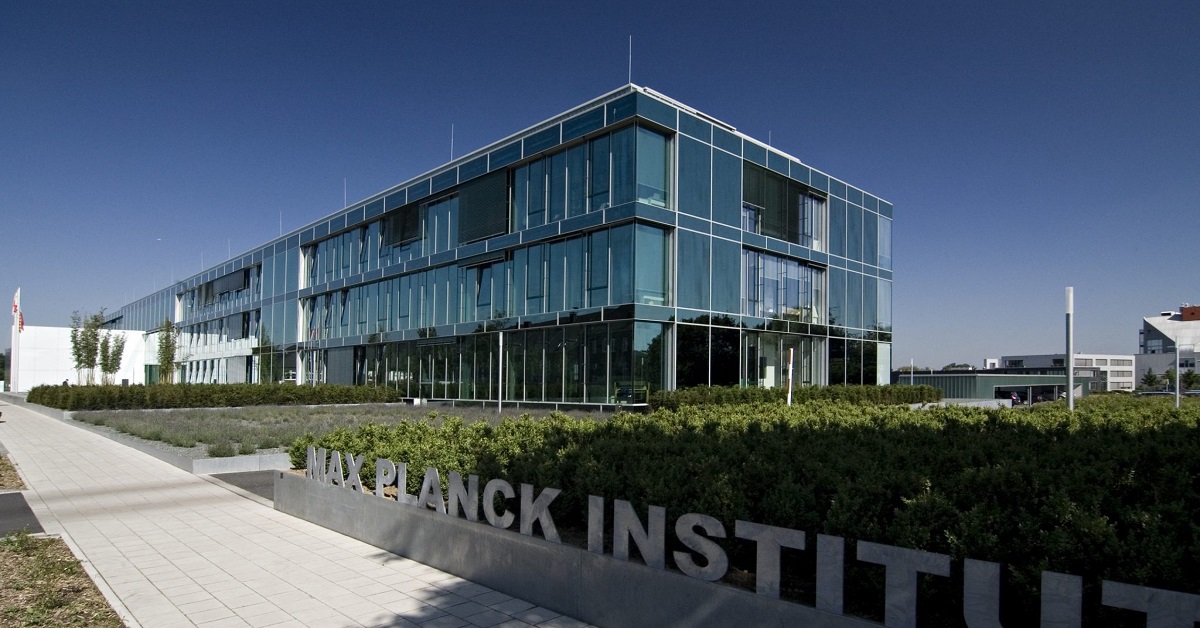
The Max Planck Institute for Nuclear Physics in Heidelberg is one of currently 85 research institutes of the Max Planck Society for the Advancement of Science e.V. (MPG). As an innovative, internationally active research institution with about 400 employees we conduct experimental and theoretical basic research in the fields of High-Energy Astrophysics, Atomic and Molecular Physics (Quantum Dynamics) as well as Particle and Astroparticle Physics.
The Division of Stored and Cooled Ions (Director: Prof. Dr. Klaus Blaum) at the Max- Planck-Institut für Kernphysik in Heidelberg (Germany) offers a PhD position (m/f/d) with the aim of realizing a PhD project within the TRIGA-Trap experiment. The TRIGA-Trap is located at the research rector TRIGA Mainz (University of Mainz), it runs in the division “Stored and Cooled Ions” led by Prof. Dr. Klaus Blaum and is supervised by Dr. Szilard Nagy (MPIK Heidelberg, Germany).
Working field
The Penning-trap mass spectrometer TRIGA-Trap is currently performing high-precision mass measure-ments on transuranium elements with the Phase Imaging Ion-Cyclotron-Resonance (PI-ICR) technique. This provides a rare opportunity to improve the precision of the mass surface in this mass region, which is essential to enhance the predictive power of nuclear models. High-precision mass measurements of ele-ments heavier than uranium are scarce, and thus, the scientific results obtained through this project will have a significant impact on the understanding of the deformed N = 152 neutron shell closure.
We are looking for a proactive team member with a disciplined working style and good communication skills. As a member of our team, the successful candidate will work on a range of topics, and gain experience in the production and detection of (radioactive) ion beams, 3D CAD, ion optics, beam transport and diagnos-tics, trapping and cooling of ions, high-precision mass spectrometry techniques with Penning traps, data analysis, and automatization of measurement and regulation processes with LabView and CS control system. Specifically, the focus of the PhD thesis will be on mass measurements of long-lived transurani-um nuclides with the PI-ICR technique at TRIGA-TRAP.
If you are passionate about physics and are excited about this unique opportunity to be a part of cutting-edge research in nuclear physics, we encourage you to apply.
Requirements
- Successfully completed study of physics (diploma, Master of Science or equivalent degree),
- Knowledge in statistical error analysis and error propagation,
- Some knowledge in using a 3D CAD software,
- Some knowledge in a programming language, preferably C or C++ or Labview,
- Some basic knowledge in analog and digital electronics,
- Familiarity with laboratory equipment as turbo and scroll pumps, power supplies, arbitrary waveform generators, oscilloscopes etc.
- Other skills in programming, simulation, data analysis, and automation are advantageous.
The candidate will be offered to defend his/her doctoral work at the Heidelberg University.
The contract period is initially limited for 3 years. The position will be filled at the earliest convenience. The salary will be paid according to the collective agreement for civil service employees in Germany (TVöD).
The Max Planck Society promotes the employment of disabled persons, strives for diversity and equal opportunities including professional gender equality and excellent reconciliation of family and career. We have set our focus on increasing the proportion of women in areas in which they are underrepresented. The Max Planck Institute for Nuclear Physics is a family-friendly employer. Further information can be obtained from Prof. Dr. Klaus Blaum: Klaus.Blaum@mpi-hd.mpg.de.
Applicants are encouraged to send a curriculum vitae, a motivation letter, list of grades (Bachelor and Master), list of publications and provide names and contact information for reference persons.
Applications, including a Statement of Interest, CV, list of grades (Bachelor, Master), publication lists and contact information of reference persons should be uploaded via our application portal with reference # 14-2023 until 15.12.2023.
Max Planck Institut for Nuclear Physics
Saupfercheckweg 1
69117 Heidelberg
![Postdoctoral and Research Opportunities at McGill University [CA]](https://scholaridea.com/wp-content/uploads/2020/06/mcgill-university-30-may-2019-768x402.jpg)

